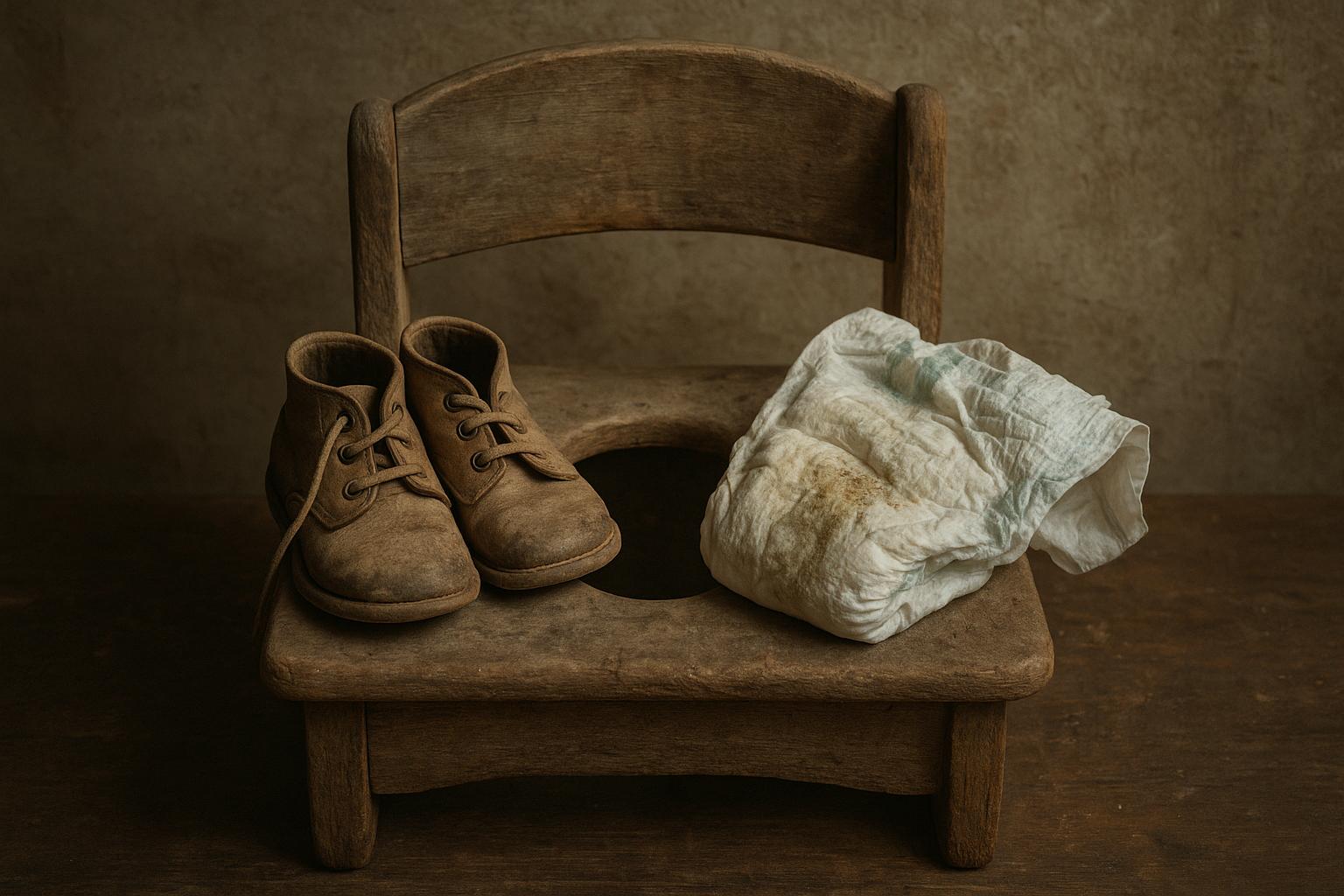A recent poll has revealed a significant shift in parental attitudes towards potty training, with six in ten parents admitting they do not believe their children need to be toilet trained before starting school. According to new government data, 64% of parents think their children do not need to focus on a task for ten minutes by the age of four, and 70% consider basic dining skills like using a knife and fork non-essential at this stage. These findings come amid growing concerns from educators about the readiness of children entering the school system.
The Department for Education has responded to these concerns by launching the Best Start in Life guide, backed by the NHS, which offers advice on feeding, sleeping routines, speech development, child growth milestones, and childcare assistance. This initiative aims to equip parents with trusted and expert guidance amid an overwhelming digital landscape filled with conflicting opinions. Education Secretary Bridget Phillipson emphasised the government's commitment, stating the guide is intended to make things simpler and clearer, helping parents prepare their children to be ready to learn.
School staff have raised alarms about the impact of these trends, with many teachers reportedly having to change nappies of children as old as six due to inadequate toilet training at home. Some schools have even had to allocate part of their budgets to purchasing nappies and spare clothes, a situation teachers find untenable. The National Association of Head Teachers has highlighted how school leaders and teachers often find themselves performing multiple roles beyond education, including those of social workers and counsellors, largely due to the erosion of social and healthcare services.
However, the notion that children must be potty trained before starting school is not universally accepted. Parenting experts stress that schools and nurseries cannot mandate potty training as a condition of enrollment. The focus, they argue, should be on the individual readiness of each child rather than rigid requirements. This perspective aligns with research underscoring the complexities and emotional challenges involved in toilet training. A University of Michigan Health study found that about 20% of parents report their children experience potty anxiety during the process, and another 20% find toilet training more difficult than expected. This highlights the need for patience, consistency, and sensitivity from caregivers.
Interestingly, some regions have taken a different stance. For instance, Utah has recently enacted a law requiring children to be potty trained before enrolling in kindergarten, with exceptions for students with disabilities and other conditions. This policy points to a more stringent approach to readiness, yet enforcement and support details remain under discussion by education authorities.
Experts also highlight the psychological dimension of toilet training struggles. Pressures applied too early or too late can negatively affect a child’s confidence and well-being. The process should ideally be guided by a child's individual developmental milestones rather than strict timelines. For parents navigating this transition, advice includes seeking medical guidance when delays or difficulties arise and developing proactive strategies to handle accidents and support their child's autonomy and confidence.
Overall, while parental attitudes towards potty training before school are evolving, the debate raises important questions about child development, school readiness, and the roles of parents and educators. Efforts like the Best Start in Life guide represent attempts to bridge gaps in support and understanding, aiming to ease the transition for both families and schools.
📌 Reference Map:
- Paragraph 1 – [1]
- Paragraph 2 – [1]
- Paragraph 3 – [1]
- Paragraph 4 – [4], [1]
- Paragraph 5 – [2], [6]
- Paragraph 6 – [3]
- Paragraph 7 – [7], [5]
- Paragraph 8 – [1]
Source: Noah Wire Services
